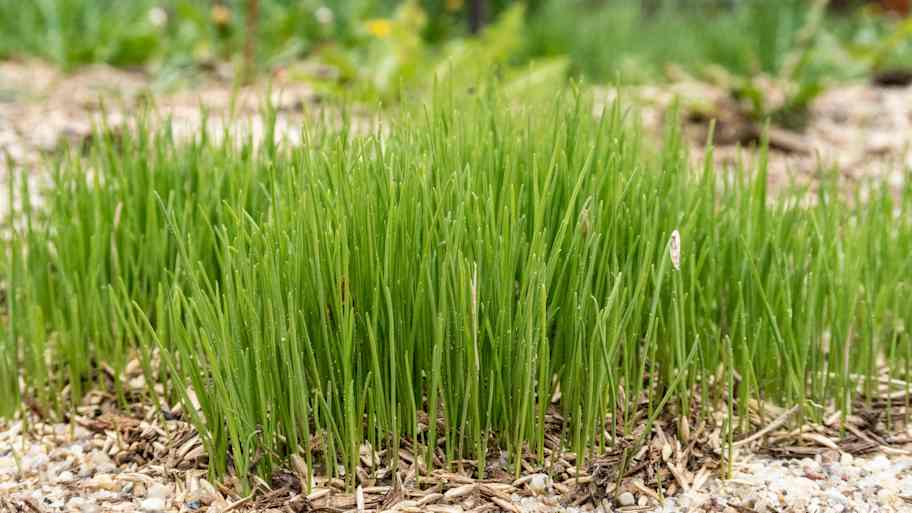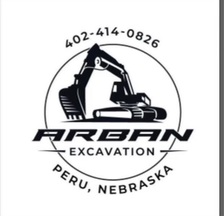
Get matched with top lawn fertilization and treatment specialists in Hershey, NE
Enter your zip and get matched with up to 5 pros
Need a pro for your lawn fertilization and treatment project in Hershey, NE?
Verified Reviews for Lawn Fertilization And Treatment pros in Hershey, NE
*The Angi rating for Lawn Fertilization And Treatment companies in Hershey, NE is a rating based on verified reviews from our community of homeowners who have used these pros to meet their Lawn Fertilization And Treatment needs.
*The HomeAdvisor rating for Lawn Fertilization And Treatment companies in Hershey, NE is a rating based on verified reviews from our community of homeowners who have used these pros to meet their Lawn Fertilization And Treatment needs.
Last update on December 11, 2025
Find Lawn fertilization and treatment specialists in Hershey

TruGreen
TruGreen
We believe life is better outside. TruGreen is committed to improving outdoor spaces like your backyard, our shared communities and the environment as a whole. That's why TruGreen, America's #1 lawn care company, has a team of PhD agronomists and certified specialists who work to provide tailored care and bring out your lawn's full potential. We're here to help you and your lawn flourish this season.
"The pro has been servicing our Mclean property quite well for a couple of years. Our lawn looks good and we are satisfied with the service. The customer service is sometimes underwhelming but it gets the job done at a reasonable cost which is really becoming harder by the day to get."
Alejandro S on May 2025
We believe life is better outside. TruGreen is committed to improving outdoor spaces like your backyard, our shared communities and the environment as a whole. That's why TruGreen, America's #1 lawn care company, has a team of PhD agronomists and certified specialists who work to provide tailored care and bring out your lawn's full potential. We're here to help you and your lawn flourish this season.
"The pro has been servicing our Mclean property quite well for a couple of years. Our lawn looks good and we are satisfied with the service. The customer service is sometimes underwhelming but it gets the job done at a reasonable cost which is really becoming harder by the day to get."
Alejandro S on May 2025
TruGreen
TruGreen
TruGreen® provides a full suite of tailored lawn and landscape services. From fertilization and aeration to tree & shrub services and much more, TruGreen delivers superior results backed by our Healthy Lawn Guarantee.®1 We also offer effective solutions to help control and prevent lawn damaging insects, like chinch bugs and grubs. Our passion for lawns sets us apart, and we’ll help you achieve a lawn you love. Contact us today to start your tailored lawn plan. Additional phone number - (866) 576-1438.
TruGreen® provides a full suite of tailored lawn and landscape services. From fertilization and aeration to tree & shrub services and much more, TruGreen delivers superior results backed by our Healthy Lawn Guarantee.®1 We also offer effective solutions to help control and prevent lawn damaging insects, like chinch bugs and grubs. Our passion for lawns sets us apart, and we’ll help you achieve a lawn you love. Contact us today to start your tailored lawn plan. Additional phone number - (866) 576-1438.
The Hershey, NE homeowners’ guide to lawn fertilization and treatments
From average costs to expert advice, get all the answers you need to get your job done.
 •
•Discover average lawn aeration cost, key price factors, and tips to save. Get a clear estimate for your yard and learn how to choose between DIY and hiring a pro.
 •
•Get transparent power seeding cost info to learn what impacts pricing, how to save, and whether to DIY or hire a pro for your lawn’s best results.
 •
•Discover average hydroseeding cost, key price factors, and ways to save. Get transparent estimates for your lawn project and make informed decisions for your home.

Ready to give your yard a fresh start? With these tips for grass seed planting, your lush lawn dreams are one step closer to becoming a reality.

Grass seeds thrive in soil rich in nutrients, but a potting mix will not support your grass’ long-term health. Find out which type of soil is best for grass.

If you’re looking to apply fertilizer to your lawn, there are a few things you need to get right first. Make sure you’re ready to answer these lawn fertilizer questions before you start.




